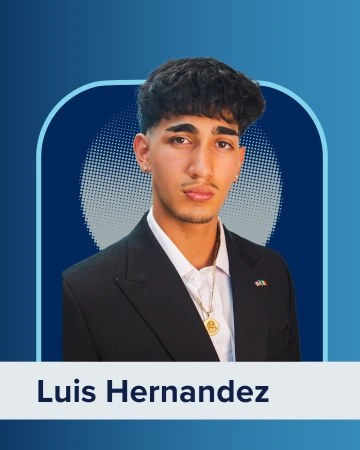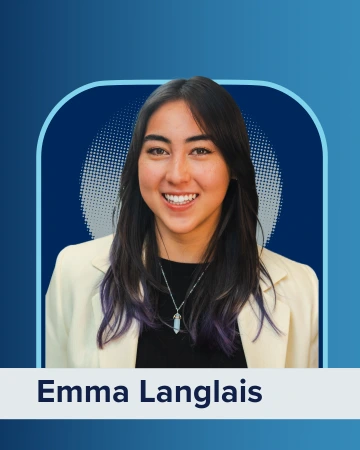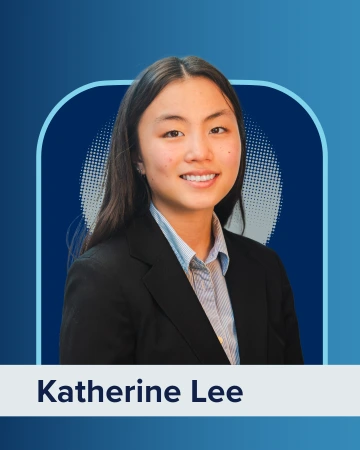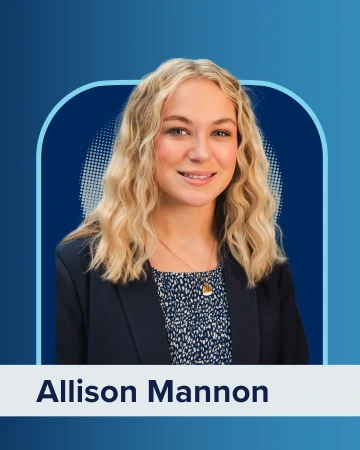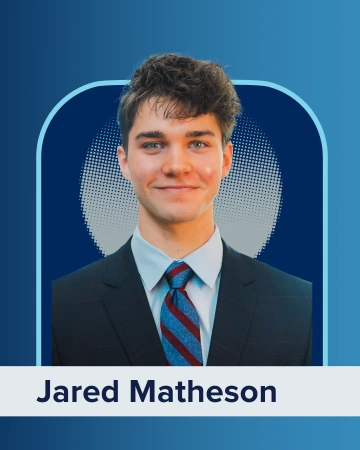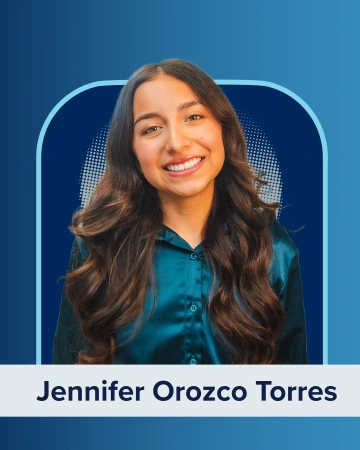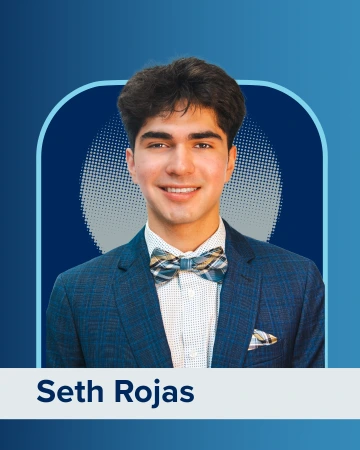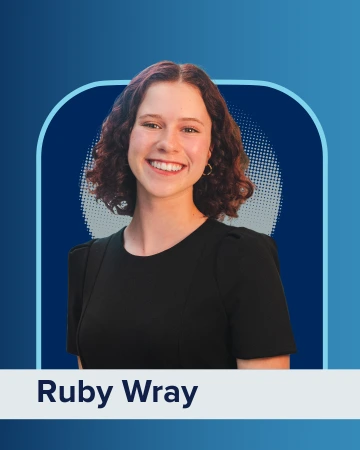BIO5 Institute offers Flinn Scholars early research opportunities at the University of Arizona
Nine exceptional University of Arizona freshmen from diverse fields are participating in immersive, semester-long research with a mentor of their choice to jumpstart their scientific careers.
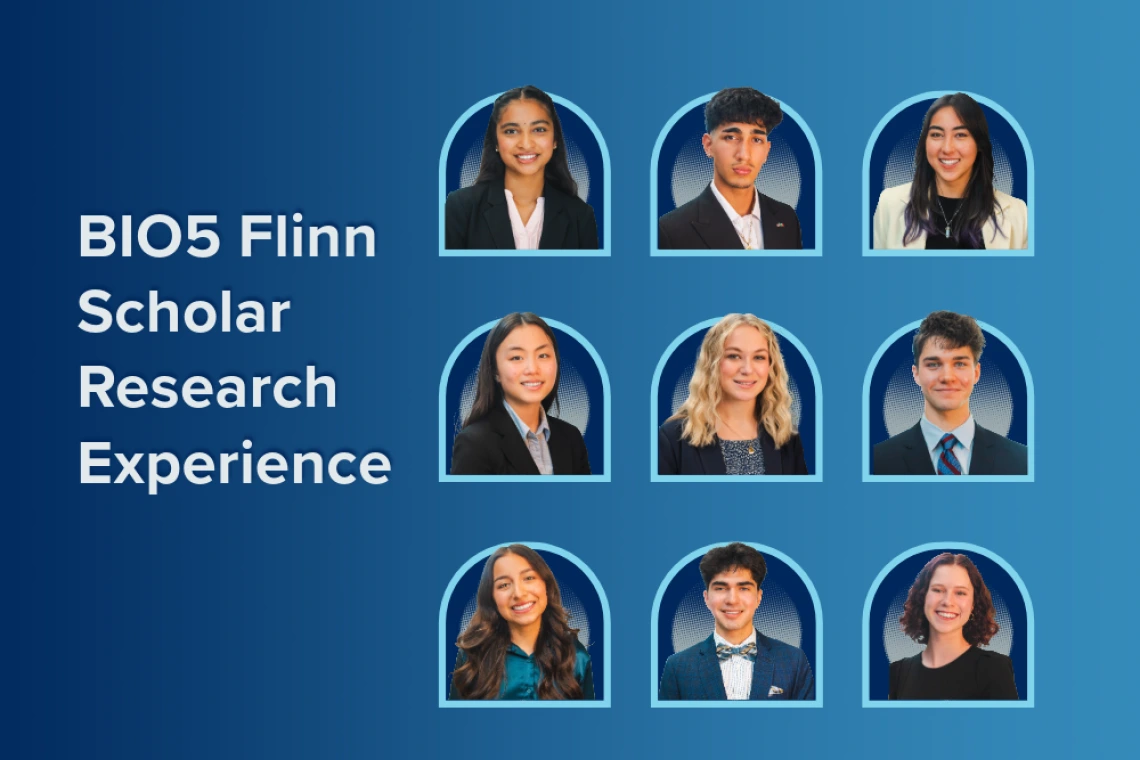
The BIO5 Institute at the University of Arizona, in partnership with the Office of Research, Innovation, and Impact (RII) and the W.A. Franke Honors College, is excited to offer an immersive research experience for Flinn Scholars during their freshman year.
Funded by the Flinn Foundation, these scholars are Arizona high school students who have undergone a rigorous selection process and earned a full-ride scholarship to one of the state’s public universities.
“Engaging students in research early in their academic careers opens doors to transformative learning experiences,” said Jennifer Barton, director of the BIO5 Institute. “Our collaboration with RII and the Honors College reflects BIO5’s commitment to nurturing young talent and guiding them toward future scientific careers and discoveries.”
The BIO5 Flinn Scholar Research Experience provides a structured, paid research opportunity during the spring semester of their freshman year. Gaining access to cutting-edge research early in their academic careers is challenging, but this initiative—now in its second year—supports early academic growth and inspires the next generation of innovators.
“Conducting research is a hallmark of an Honors education, which is why we in the Franke Honors are so pleased to partner with BIO5 and RII to offer Flinn Scholars early pathways into undergraduate research,” said Karna Walter, assistant dean for student engagement at the W.A. Franke Honors College. “They can leverage this experience to share their considerable talents with the university community and beyond.”
A unique aspect of the program is that students select their faculty mentor, who must be a U of A researcher, and then collaborate with that mentor to choose a semester-long research project in their area of interest.
“Early research experiences like the BIO5 Flinn Scholar Research Experience help students build critical skills, contribute to discoveries, and see the real-world impact of science,” said Tomás Díaz de la Rubia, senior vice president for research and innovation. “By investing in Arizona’s brightest students and engaging them early, we’re strengthening the future of research, innovation, and industry in our state.”
Through this program, students receive valuable mentorship, develop critical research skills, and contribute meaningfully to ongoing projects early on in their college career.
"We’re grateful to the university for ensuring Flinn Scholars—regardless of their discipline—have the opportunity to gain invaluable research experience in their first year,” said Anne Lassen, vice president of scholarship and education initiatives at the Flinn Foundation, “Time and again, we’ve seen how research experiences impact the development of foundational skills and professional confidence."
This experience will not only enrich their undergraduate education but also enhance their competitiveness for national scholarships and future academic opportunities.
Learn about the research projects of 2025 BIO5 Flinn Scholar Research Experience cohort.


